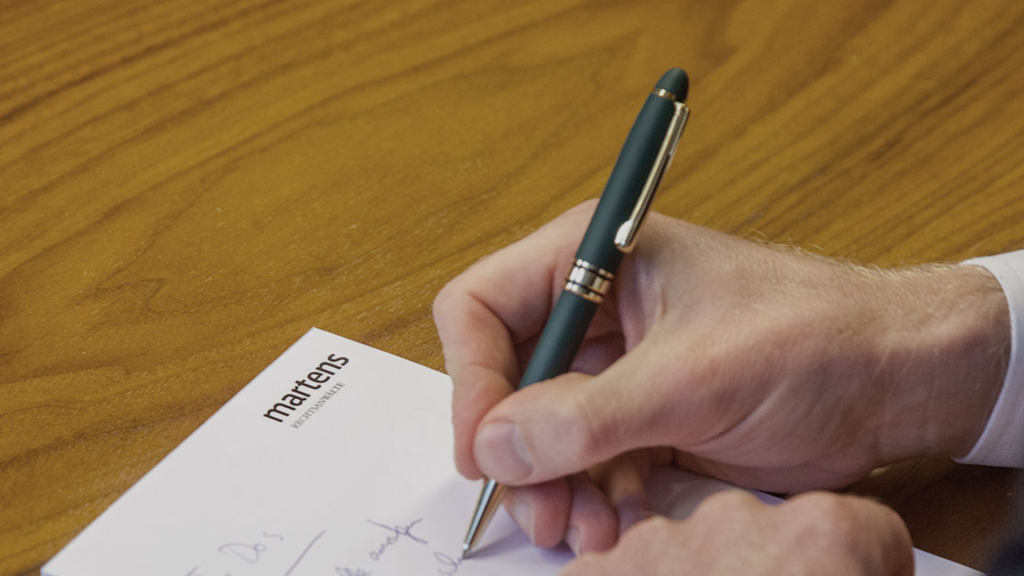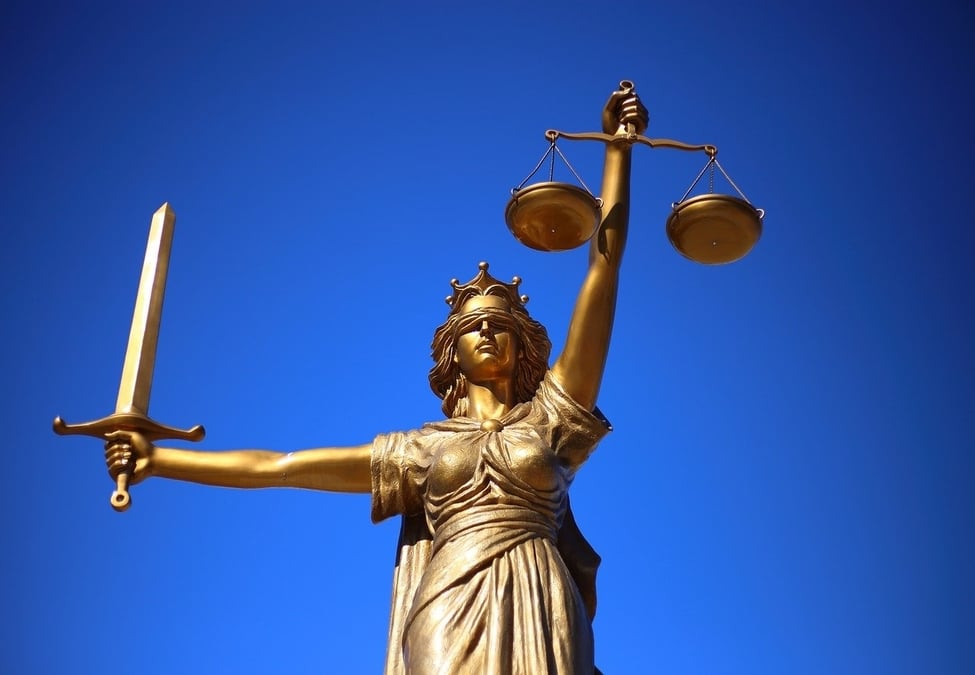
Game publisher Riot Games has launched a new mechanism to resolve legal disputes arising across its esports ecosystems in the EMEA region.
The new Dispute Resolution Mechanism (DRM) will employ independent arbitrators to resolve contractual and financial disputes between players, coaches and teams in Riot Games’ Tier 1 and Tier 2 esports leagues.
The mechanism, which is officially live and available for use as of today (November 7th), only applies to stakeholders in the publisher’s official Tier 1 and Tier 2 leagues in League of Legends and VALORANT. The mechanism covers the EMEA region only, though Riot Games indicated it would like to expand to other regions in the future if it sees success.
The system will see Munich-based law firm Martens Rechtsanwälte, which specialises in dispute resolution, act as the Secretariat for the DRM. The law firm will administer the system as well as find and appoint an independent arbitrator to each dispute.
Examples of issues that might be brought through the DRM include disputes over unpaid prize money, salaries, transfer fees and bonuses. It is important to note that the mechanism is only for disputes with and between players, coaches and teams, not disputes with Riot Games itself. However, Riot Games confirmed that it would respect all decisions made through the DRM.
In a press conference at Worlds 2024 detailing the new system, Riot Games’ Head of EMEA Esports, Alberto Guerrero, said that many legal disputes arise in its esports scenes between teams and talent — but it is legally difficult for Riot Games to deal with those incidents. Guerrero highlighted that this solution also allows the publisher to remain neutral.
The Dispute Resolution Mechanism is voluntary, so parties are free to decide whether they want to resolve their dispute through this mechanism, or through other means such as local courts. Riot Games has already been working with teams, agents and players directly to promote the incorporation of the DRM into player contracts.
David Menz, a sports lawyer for Martens Rechtsanwälte, explained during the press conference that the system would by default involve one round of written submissions, and no hearing. A decision would then be made by the sole arbitrator ‘without reasons’, meaning parties involved only see the decision and not a justification.
Menz said these decisions were taken on purpose specifically to keep the costs of using the Dispute Resolution Mechanism down.

Players and teams will have to pay to take up a dispute through the DRM. A Handling Fee of between €500 – €4,000 (~£415 – £3,335) will be paid by the claimant, subject to the value of the dispute. This covers the admin costs of the DRM.
In addition, an Arbitrator’s Fee of €1,000 – €5,000 (~£835 – £4,170) again dependent on claim value, will be paid in equal shares by the claimant and the respondent, to cover the costs of the arbitrator.
While bringing a dispute through the DRM can cost thousands of euros, Menz argued this system is significantly cheaper than bringing a legal case through a country’s national court system — especially due to the international nature of esports.
In order to ease the cost burden, Riot Games has launched a Legal Aid Fund, which will distribute funds to those with insufficient financial means to use the system. Riot Games did not disclose the size of the Legal Aid Fund. The company noted that there are eligibility criteria for applying and that the fund would stop providing assistance once it ran out each year.
Valérie Horyna, EMEA Esports Rules and Compliance Manager at Riot Games, claimed in the press conference that the Dispute Resolution Mechanism was “setting a new standard for esports” that would build trust and provide contractual stability for stakeholders.
“Esports continues to evolve and we believe maintaining contractual stability and integrity is becoming more important,” Horyna said later in a press release. “Solving contractual disputes has historically been very complex, especially in EMEA, which has different legal processes across many countries. We’re seeking to help solve these issues, providing an easy-to-access platform for our stakeholders.”




